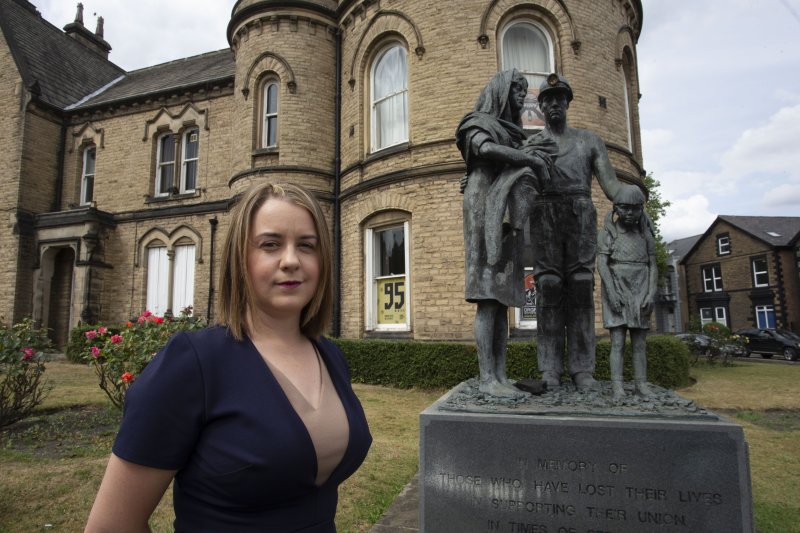MAJOR restructures to the way in which children with special education needs are treated in schools have been promised - which a Barnsley MP says will be music to the ears for dozens of impacted families in the town.
The Department for Education (DfE) vowed to improve outcomes for SEND children following years of complaints about how youngsters - and their parents - are dealt with.
Figures show 400 children and young people received an education, health and care plan (EHCP) from Barnsley Council in 2023,, which is effectively a tailored document to suit an individual’s specific needs.
Children with EHCPs are those with the most complex needs, who have undergone a statutory assessment by their local authority.
Additional support and funding is subsequently provided to meet the needs outlined on the EHCP.
However, a previous Ofsted probe stated an additional 1.1 million children across the country have been identified with special needs but do not have an EHCP.
An announcement, which was issued by Secretary of State for Education Bridget Phillipson last week, acknowledges that the education and care systems do not currently meet the needs of all children, particularly those with special educational needs and disabilities.
It also says that earlier interventions in mainstream schools will be key for those with less complex needs.
As a result the Education Secretary confirmed that the DfE will restructure so that SEND and alternative provision policy will come under the responsibility of the ‘Schools Group’.
Barnsley South MP Stephanie Peacock said: “I am pleased to welcome the announcement from the Education Secretary that confirms Labour will prioritise improving opportunity for children with SEND.
“Having raised the issue of SEND in Parliament a number of times, and having held a public meeting with parents, my office has worked with a number of families to advocate for them and offer support, working with both schools and the local authority.
“I know this will be important news for many families in Barnsley.”
Ms Peacock had raised her worries after the council was reported to have accumulated an £11m deficit in its SEND budget, with the potential to rise to more than £36m by 2024/25.
A ‘significant cost driver’ is the number of youngsters with school places outside of the borough it was revealed last year that 220 children and young people from Barnsley have an out-of-borough school place, at a total cost of £11.2m.
Without the necessary funding from the government, local authorities like Barnsley don’t have enough to provide SEND places for those who need it, resulting in local nurseries and schools being forced to turn children away, according to the MP.
An EHCP can only be issued after a child or young person has been formally assessed.
Across the country, 138,242 requests for initial assessments were made 21 per cent more than in the year before.
This included 650 in Barnsley, with 306 of them refused by Barnsley Council.
Louise Gittins, chair of the Local Government Association’s children and young people board, added: “These record figures are a reminder of the huge pressure councils are under, with the number of EHCPs increasing every year since they were introduced in 2014.
“It is absolutely vital that the government bring forward proposals without delay to reform the SEND system, with a focus on improving levels of mainstream inclusion, as well as write off councils’ high needs deficits.”






























